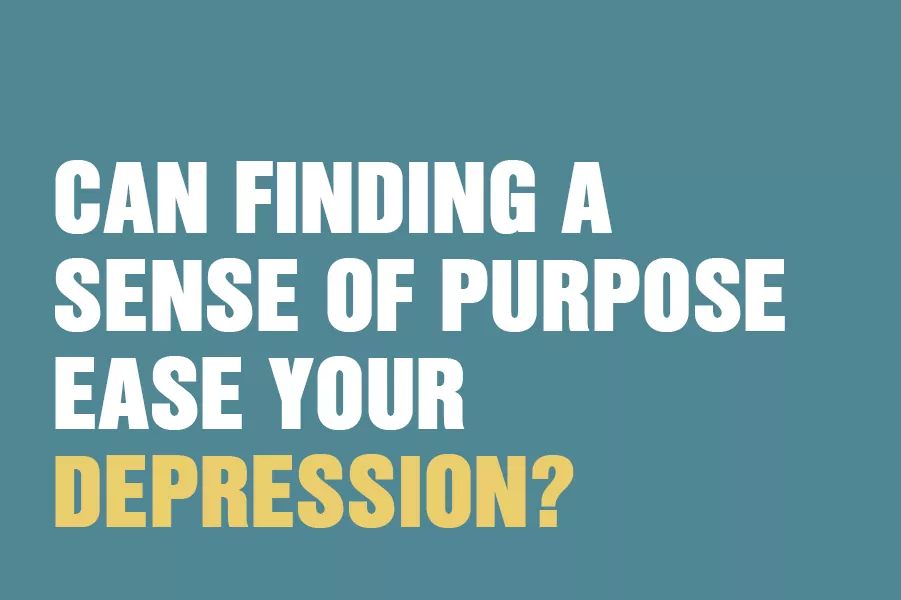Bereavement is very common. Sooner or later, we will all encounter the death of a loved one, but its universality does not make it less of a shock or any easier to handle when it happens to us. Prince Harry illustrated this perfectly, and very poignantly, when he spoke out about the impact his mother’s death had had on him.
Prince Harry said that he had found it too sad to think about so he had simply stopped thinking about it. His way of dealing with his mother’s death had been to push it all down and block it out for years, and this had affected his mental health later on. The prince’s response to bereavement is not at all unusual, blocking out grief and sadness is an understandable and natural reaction to the pain of loss. Unfortunately, though, not thinking about something does not magic it away. So the unprocessed emotions remain underneath, and can lead to what is called ‘complicated grief’ surfacing later. This is the hidden, ignored and unprocessed feelings, which have lain buried for years coming to light in a way that can seriously impact on your wellbeing. A psychological study found that 25% of people who had experienced bereavement had been diagnosed with complicated grief.
In a way all grief is complicated, because it is not just one feeling, but a whole bunch of reactions and emotions evoked by a loss such as shock, numbness, a sense of surreality, longing, regret, sadness, guilt, agitation, and anger. So, even if addressed and dealt with in the first hours or days, grief can take quite a long time to process, and there is no prescribed amount of time it ‘should’ take.
However, avoiding these emotions and evading talking about them with others can store up trouble for the future, and lead to complicated grief.
How to help a bereaved friend, partner or relative
- Spend time with them. You might worry that you don’t know what to say but they need comfort more than words, and just knowing that you will be with them during this time of pain and distress will be an enormous comfort to them.
- Let them let it out. It is important that you let them know that it will not be a burden to you or upsetting to you if they talk about their feelings or cry. Encourage them to express their feelings however they want to or can. In time, this will help them will come to terms with their distress, but first they need to talk and to cry.
- Be patient. The thoughts and memories around their loss will keep recurring, so their repeatedly or constantly talking about it might feel repetitive and unnecessary to you, but it is an important part of the process of resolving grief. So allow them a safe space to keep saying the same thing and remember that they don’t necessary need for you to say anything, just be there for them as they work this through.
- Say the name. Many people feel that if they talk about the person who had died this will be upsetting for the bereaved and upset them. But this can lead your friend, partner or relative to think that you have forgotten their loss, and feel that they have to ‘pull themselves together’ and ‘get over it’ and shut up about it too, which makes them feel very alone and isolated with their painful feelings.
- Remember birthdays and anniversaries. Be aware that the dates on the calendar associated with their person who has died will be especially difficult and give them a call or offer to do something with them that day.
- Expect the unexpected some people may suffer from strange physical symptoms or repeated spells of depression over the following months and years. If you are aware of this and allow them to accept it as part of the natural process this will help prevent problems, such as bouts of depression, developing later.
- Practical assistance. Grief can be very physically depleting just like a physical illness, it also sometimes leads to sleeplessness leaving the bereaved exhausted and low in energy. But if you offer help with cleaning, shopping, cooking or childcare, this not only lightens their burden but can help them to feel less alone with their loss.
- Don’t impose time limits Everyone reacts to a loss in their own unique way, and it will just take the amount of time it takes, so it is important for you to allow them as much time as they need time to grieve.
If you have complicated grief or need to talk about your feelings around a bereavement, we have experienced psychotherapists and counsellors who specialise in bereavement therapy and will be able to help. Call 020 8673 4545 or email [email protected]. Call 020 8673 4545 or email [email protected].







